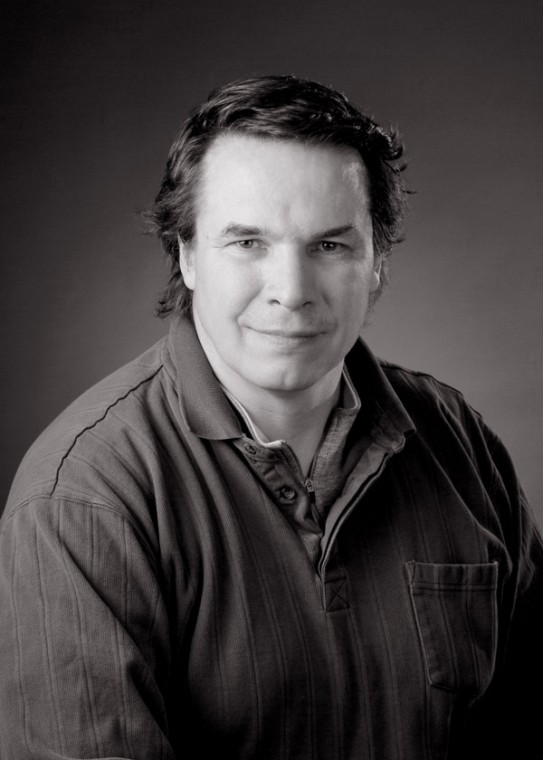Freshman Studies’ chosen book accused of being fabricated
A recent “60 Minutes” report alleged that “Three Cups of Tea” co-author Greg Mortenson fabricated details in his memoir about the origin of his nonprofit organization that establishes schools in Pakistan and Afghanistan.
The CBS program also said in the April 17 segment that Mortenson has misused some of the funds from his organization, Central Asian Institute, by spending them on talks in the U.S. about the schools rather than by building and financially supporting the schools.
While the accusations against Mortenson have not yet been confirmed, the publisher of “Three Cups of Tea,” Viking, said on Monday that it plans to look over the book with Mortenson to confirm the accuracy of its content.
Mortenson’s memoir, co-written with journalist David Oliver Relin, has been required reading for many schools across the United States, as well as for soldiers going to Afghanistan. It was also the St. Edward’s University Freshman Studies program’s chosen book for the 2010-2011 school year.
Freshman Studies Coordinator and English Writing and Rhetoric Professor Lynn Rudloff said that Mortenson’s possible story fabrication is not as much of an issue as his charity’s mishandling of money.
“It would matter a great deal to me if he misappropriated funds,” Rudloff said.
Rudloff chose “Three Cups of Tea” as the book to correspond with this school year’s common theme, dubbed “the Global Community.” Incoming freshmen are asked to read the book the summer before they come to St. Edward’s, and some of their freshmen writing and seminar classes discuss it. In addition, the author of the book comes to campus and speaks in front of students.
Rudloff said Mortenson wanted $40,000 to give a talk, which was too expensive for the Freshman Studies budget. So co-author Relin spoke to the university last semester instead.
Rudloff said that Mortenson taking creative liberties about finding the village of Korphe, where the first school was built, did not bother her because he wrote a memoir rather than a factual textbook.
“[‘Three Cups of Tea’] is a memoir. It’s about someone’s memories, and memories often aren’t trustworthy,” Rudloff said. “My mother and I could talk about one experience and have completely different stories about it just because we remembered it differently.”
Rudloff added that memory-based stories bring up interesting questions about editing. For example, she said, how does an editor go about fact-checking a conversation from seven years ago based on the dialogue recalled and written down by the author? She and the students in her Advanced Editing class discussed the implications of fabricating stories in Monday’s lecture.
But if Mortenson’s nonprofit is misappropriating its funds and claiming to build schools that don’t exist, she said his ethos – his level of credibility – has taken a hit for her personally.







